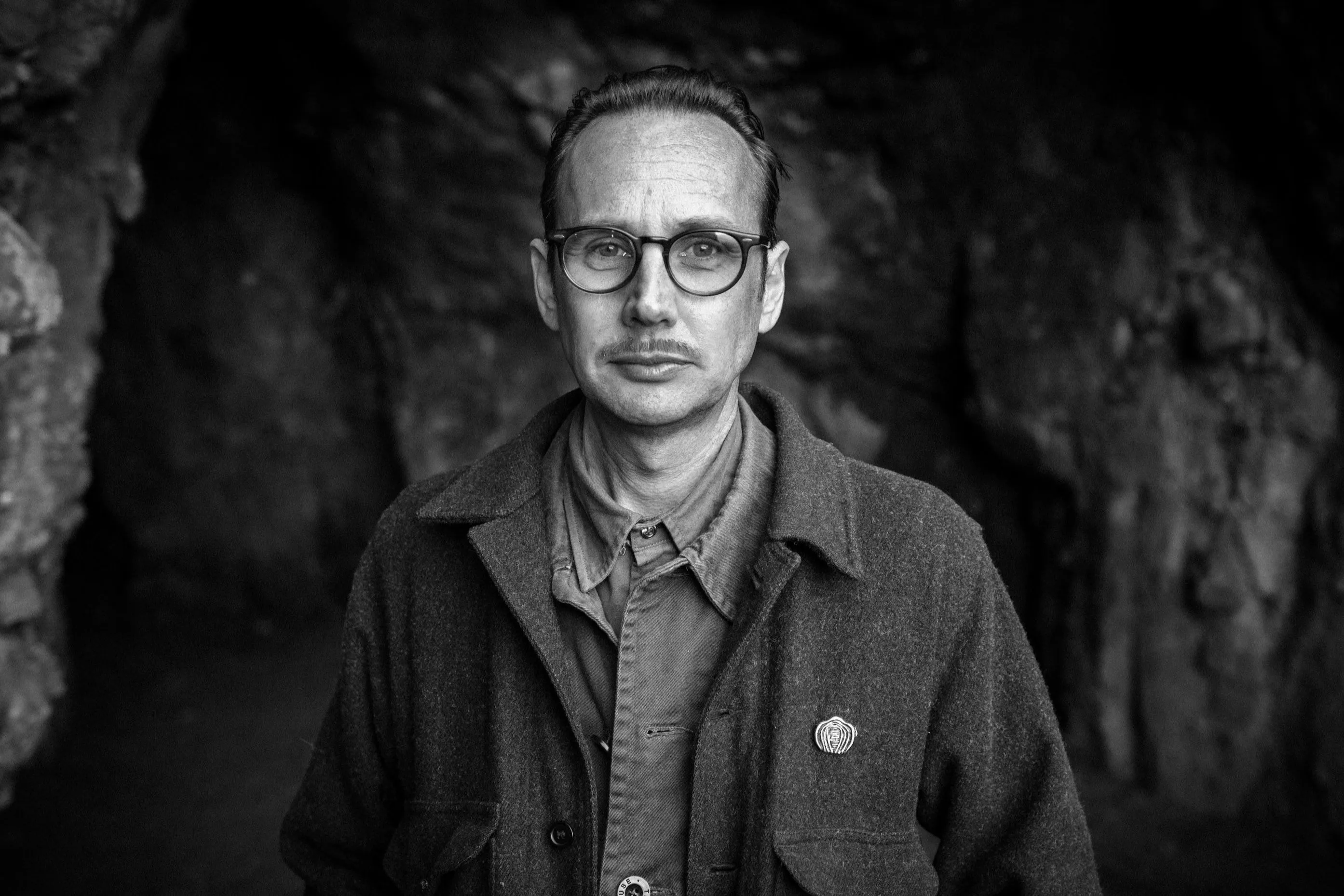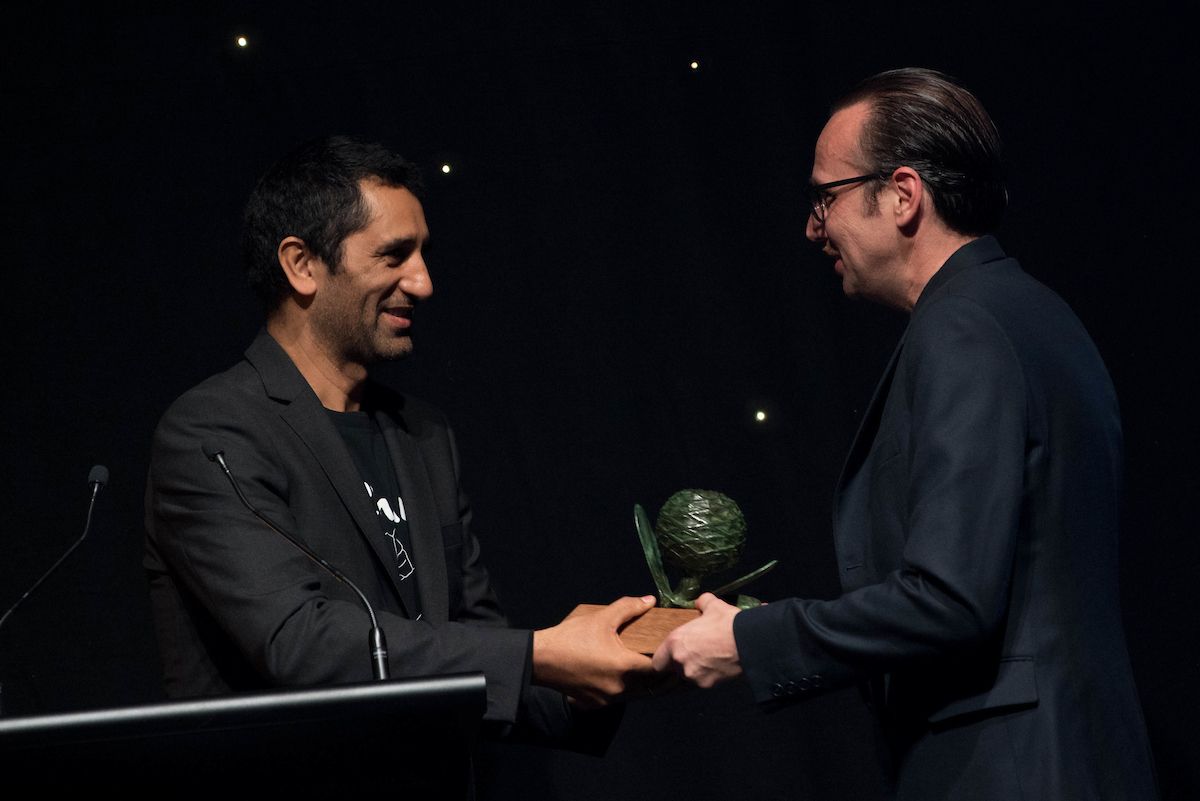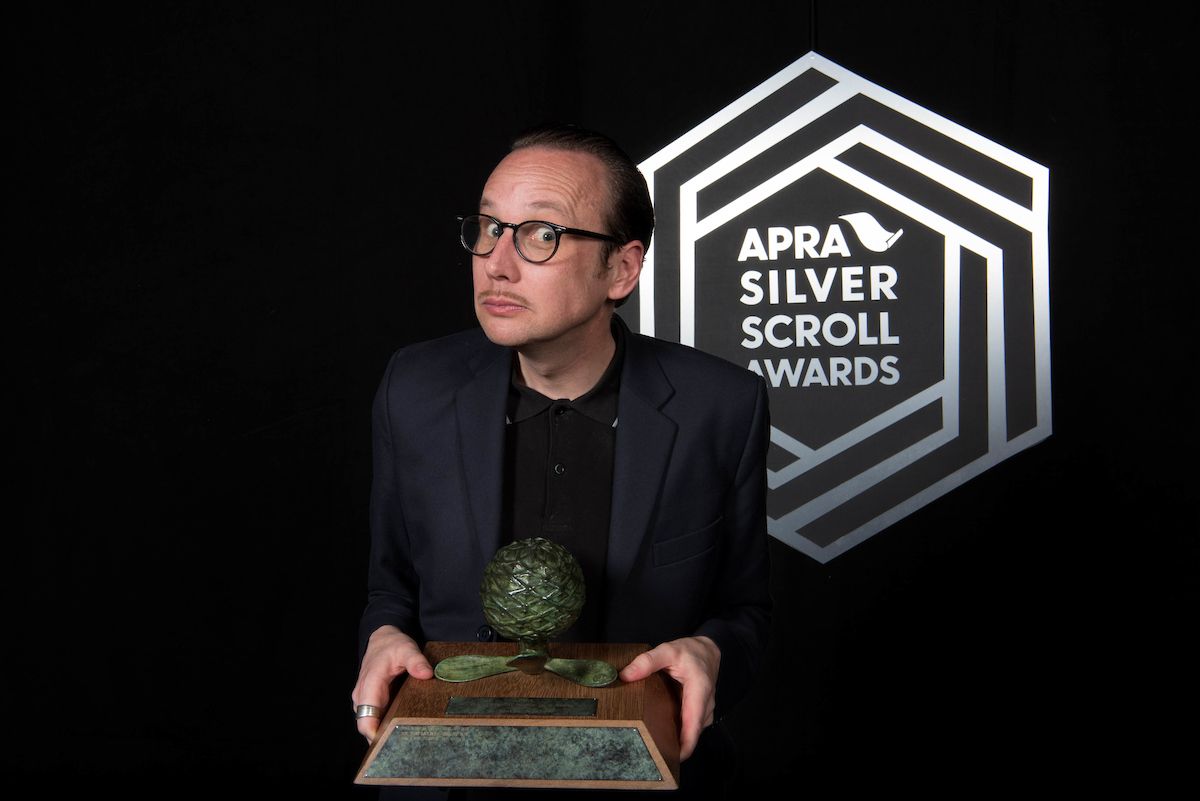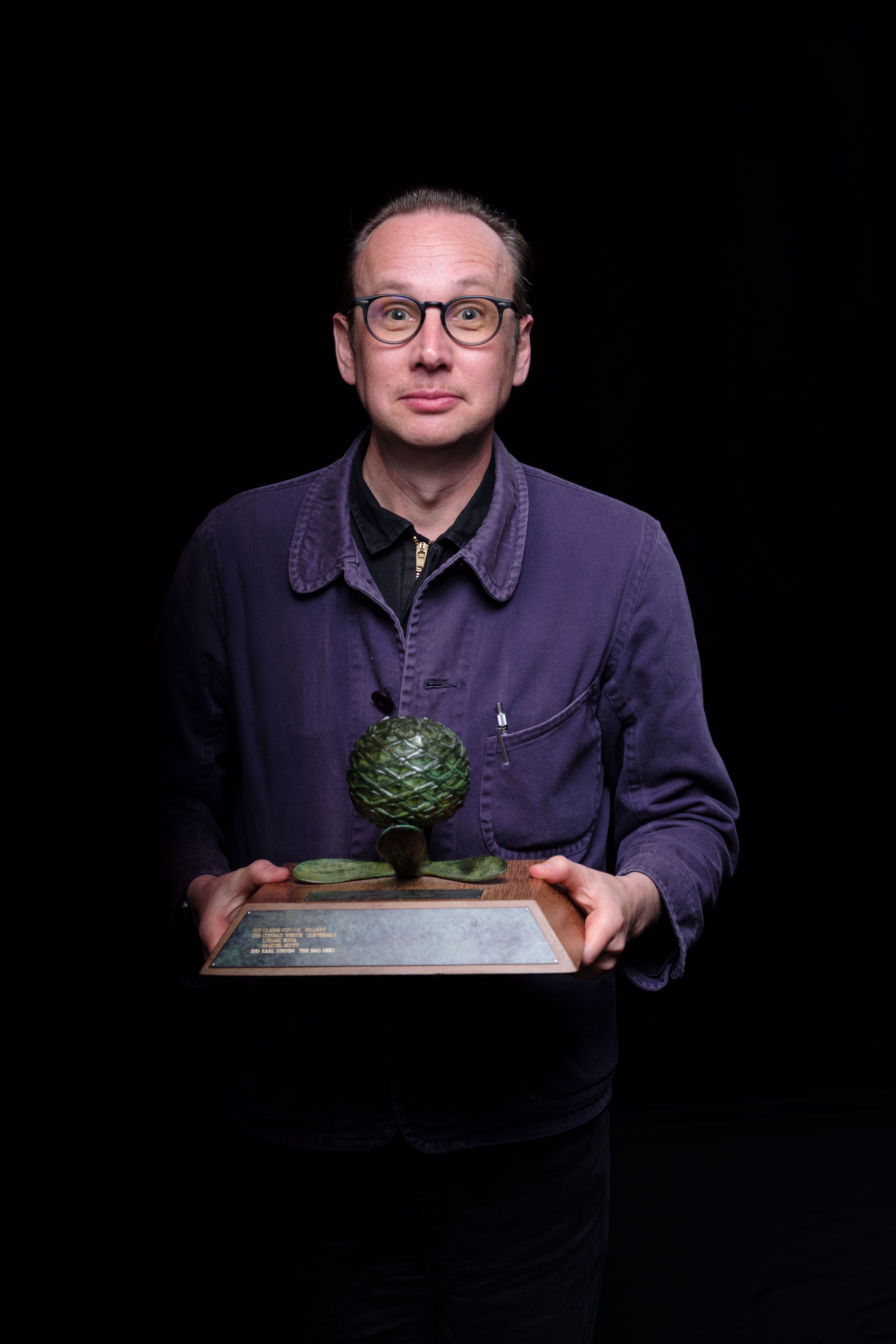Scores Of Success - Steven Dominates Screen Music Nominations
Karl Sölve Steven is already in a league of his own - his award-winning legacy just got another extraordinary dose of recognition.
Written by

The Silver Scroll Awards are a symbol of musical excellence in Aotearoa - and anyone who gets the chances to walk away with a trophy has achieved something truly special.
Hell, to use the oft-bashed retort, even being a finalist is a huge honour.
With the contenders for the 2024 SOUNZ Contemporary Award and the APRA screen awards announced on Thursday (29 August) - one name stands out, simply because it is there so many times.
Multi-genre musician and composer Karl Sölve Steven has an astonishing four separate nominations across two categories for this year's awards. Two contenders in the Best Original Music In A Series Award with true-crime series Black Coast Vanishings (with Rob Thorne) and evangelical megachurch drama Testify, as well as a pair of nominations in the Best Original Music In A Film Award section, thanks to his work on Margaret Moth biopic documentary Never Look Away (with Jason Smith) and Uproar, based around the 1981 Springbok tour protests.
Four of the seven nominations have Steven's name on it - he's a chance to become the first person to win both categories in the same year.
In fact, when it comes to Scrolls award nights, Steven is already in a league of his own. His record is extraordinary - he's been a finalist for the past five consecutive years and has left with a trophy on all but one occasion.
He's a five-time winner across the two screen categories (2023, 2021, 2020, 2019, and 2016), making his the highest trophy tally of any NZ musician from this particular awards night, one that is voted for by his industry peers.

It's the type of streak most can only dream of - The Big Idea asked Steven what this latest batch of nominations and his continued success means to him.
"Well, it’s absolutely humbling to have the work acknowledged in this way. I really give everything to these soundtracks, so it means a lot when people find something that connects for them in the work.
"It’s also very exciting for me that this time around I’m sharing some nominations with co-creators and colleagues like Jason Smith and Rob Thorne… every one of these projects is a group effort, so it feels good to have that better reflected this year."
This year's recognition is huge, even by his already lofty standards. Stevens explains "I like to keep busy, but last year was completely bonkers, it’s true; it felt like three years’ work in one.
"It came after an extremely quiet couple of years through and immediately following the pandemic though, so I was super grateful for the work and extra keen to find a way to help with the projects whenever I could.
"I have no hard and fast rules about numbers of overlapping projects, but I definitely have to say no to some jobs and in those cases, it’s great to be able to connect people with other good composers who might be able to bring something special to the story.

"The ideal, I suppose, is that everyone is working on things that they feel passionate about and with like-minded people, so if I can facilitate that somehow then I’m happy - even if I can’t work on a given project myself."
Steven has been a musical pioneer since his teens, as a prominent member of Hall of Famers Supergroove in the 1990s. When asked what the differences are between composing scores and creating a song for its own release, Steven muses "Working on one's own music for release is very different to writing commissioned music as part of a specific team and story.
"Working on an album - it’s my own story, feelings, and ideas that are sovereign throughout, whereas there are multiple stakeholders and perspectives involved with any piece of music to picture and it’s literally my job to take those different perspectives into account, try to honour them, and actualise whatever notes those people may have in a way that still yields excellent music.
"I’m often one of the later additions to the team, while the filmmakers have sometimes been working on the story for many years, so listening to their perspectives is essential to coming up with meaningful musical solutions for the project.

"I feel like we’re living through a golden age of episodic storytelling so it’s super exciting to be any part of that. Television music has gone from being seen as a cut-rate film score in the 80s and 90s to being on the cutting edge both qualitatively and creatively.
"That said, speaking as a punter, I find it hugely rewarding to watch a story unfold and resolve over the course of a couple of hours. When that’s coupled with the level of care that is required to deliver a story up to play upon a huge screen in a darkened theatre with speakers all over the place, I think film will always hold a special place in my heart."
It's clear from how Steven talks about his process - and by the quality of his output - that this is far more just a job for him. While some might find it complicated, he thrives in the environment.
"I love searching for the right sounds and musical languages to tell each story, which is always a learning curve because each story is its own unique beast, and I also very much value the unique collaborations that every project brings.
"Between the different stories, characters, sounds, teams, challenges, and workflows it certainly never gets boring!"
He has considerable talent to overcome to make up back on the stage come Scrolls award night - with David Feauai-Afaese and Navakatoa Tekela-Pule (Still Here Season 2) his competition in the Series category, and fellow former Scroll Award winners Arli Liberman and Troy Kingi (The Mountain) and Dana Lund (Joika) in the film section - but it's clear that Steven's formula for creativity is a successful one.